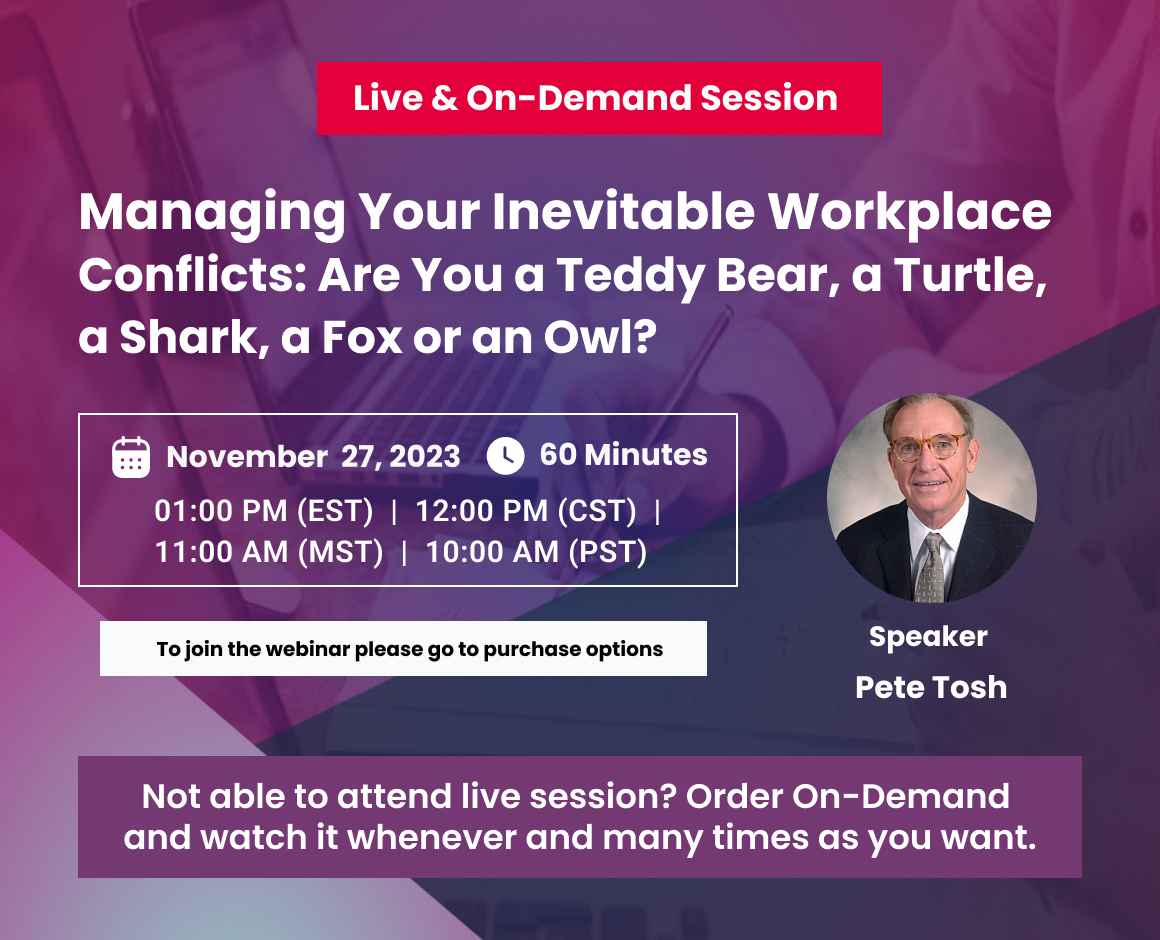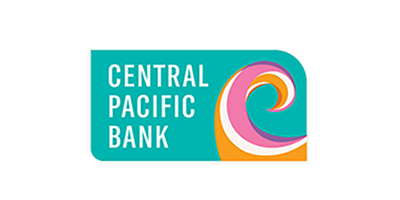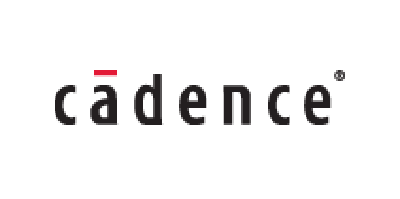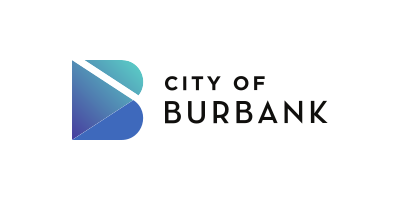Overview
Conflict is a product of our uniqueness as people & so is inevitable - its absence would be abnormal. And the workplace provides a rich environment for various causes & types of conflict.
Some kinds of conflict contribute to the health & well-being of an organization by generating new perspectives - while other types are detrimental hijacking time, energy & trust.
Interpersonal conflict occurs when two or more persons seek to possess the same object, resource, or position – or they maintain incompatible goals, values, or motives. And interpersonal conflict can be caused by differences in information, perceptions, roles, priorities, or relationships.
There are a variety of direct costs to the organization associated with poorly managed conflict, including, in the worst cases, the loss of customers and good employees. One that is visible to everyone is the time taken to successfully resolve issues. Time that would be better spent on accomplishing work and achieving goals is instead used to manage disagreements, smooth ruffled feathers, and deal with difficult people.
Individuals & teams that effectively resolve conflicts:
- Expect there to be personal differences
- Confront the conflictual issues & not the people involved.
Why Should You Attend?
Many people have a standard, instinctive response to conflict. However, effective leaders & negotiators - after assessing the situation know-how & when to apply each of the following five conflict resolution strategies which will be addressed during this webinar:
- Waiting & Avoiding – ‘The Turtle’
- Accommodating – ‘The Teddy Bear’
- Using Power – ‘The Shark’
- Compromising – ‘The Fox’
- Collaborating – ‘The Owl’
Areas Covered:
Managing Conflicts Between Individuals
- What is interpersonal conflict?
- What causes conflict?
- Functional vs. dysfunctional conflict
- Words that lead to conflicts
- Resolving conflicts by asking questions
- Our four instinctive responses to conflicts
- Five Conflict Resolution Strategies
- Managing conflict with the AEIOU model
Managing Conflict Within Teams
- Why functional conflict management is a component of high-performance teams & organizations
- How to utilize the Action Planning Conflict Resolution Process by:
- Obtaining from the participants their proposals for resolving the issues causing the conflict
- Then allowing the participants to develop & implement an action plan to resolve the conflict
























